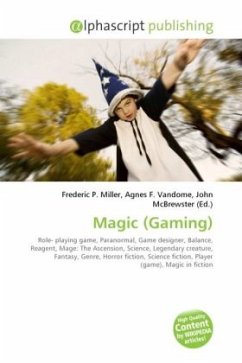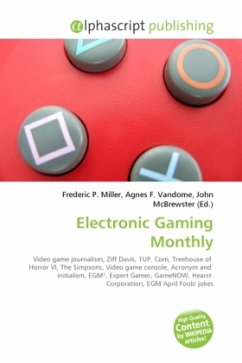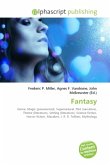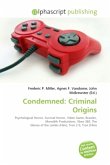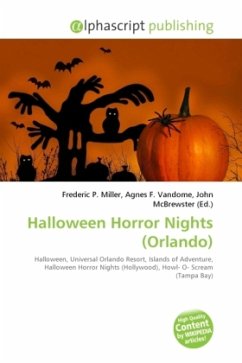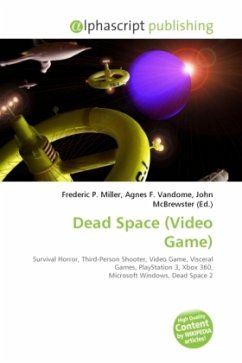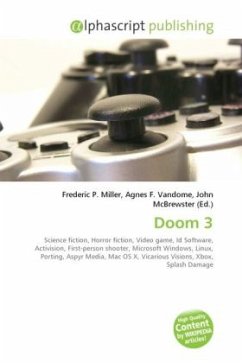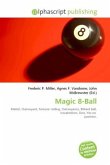Some role-playing games or game systems can include a set of rules that are used to portray magic in the paranormal sense. These rules simulate the effects that magic would have within the game context, according to how the game designer intended the magic to be portrayed. The rules can also be designed to balance the game play for the players, so as to not give any one participant an unfair advantage. Typically magic is portrayed by a set of spells, each of which consists of a listing of the game effects and limitations. The game-spells are often grouped into sub-categories by common themes, so as to limit access and to provide context. These spell themes are typically given designations such as Order, College, School, or Domain. They are often characterized by a common effect, such as Fire, Healing, or Protection. The spells may have a set of prerequisites (usually given a name like "components" or "reagents") that must be satisfied during the course of game play before the spell can be activated. The spell listing will also include restrictions on the time, range, and target location, which are listed in the units of measurement employed within the game.
Bitte wählen Sie Ihr Anliegen aus.
Rechnungen
Retourenschein anfordern
Bestellstatus
Storno

